The likely reason news of Microsoft’s Office 2007 “Kill Switch” did not cause a lot more uproar is that it surfaced during Thanksgiving week:
“Buried in a Knowledge Base article that Microsoft published to the Web on November 14 are details of Microsoft’s plans to combat Office 2007 piracy via new Office Genuine Advantage lockdowns.
Office 2007 users who can’t or won’t pass activation muster within a set time period will be moved into “reduced-functionality mode.””
As unpopular as this move will be, it’s perfectly within Microsoft’s rights to dump users who don’t become customers. The question is, is it a smart move? ZDNet attempts to do the math in The economics of Microsoft’s kill switch:
“Would you sacrifice $10 million in sales to prevent $1 billion in software piracy? How about $100 million? How many customers would you annoy?”
I don’t think it’s simply a numbers game. Whatever Microsoft’s “loss” to piracy is, it’s not going to be converted to sales. First of all, the “kill switch” comes with the retail product, large corporate customers volume licence is not affected. So we’re talking about smaller businesses and individuals (I am focusing on the US market). A fraction of these may be “forced” to buy a licence, but the large majority won’t. What we really need to look at is why these users run MS Office in the first place.
“The simple argument that ‘this is good enough for 90 percent of what we do’ has fallen on its face over and over and over again,” – Microsoft would like us to think.
I don’t buy it. I don’t use fancy features in Word, have repeatedly stated that my Excel skills are on the level I learned using Lotus 1-2-3 – yet I have Office on my computer. So does virtually anyone who occasionally needs to receive/send files to Corporate America. Not because they need all the features, but out of fear (losing compatibility) and laziness. But believe me, these users will rather switch to another product than shell out hundreds of dollars for a MS licence.
They might actually find the experience quite rewarding. OpenOffice is a free alternative, but it’s big, clumsy, needs installation and updates just like MS Office – web-based alternatives, “Office 2.0” products are increasingly powerful, fast, easy-to-use, and allow one to access files anywhere. It’s safer in the cloud  .
.
Office 2.0 vendors bend over backwards to make it easier to work with Microsoft files. Zoho ( a Client of mine) has a full online Office Suite that easily imports MS files, and of course saves your work in doc, xls and other MS formats, just as well as PDF and several others. The Zoho Quickread plugin allows opening of any MS Office files directly from the browser (IE, FF) without first importing/converting them. Tomorrow Zoho will release plugins for the major MS Office products, making it easy to save files online directly from within the Office applications.
The danger for Microsoft is not the direct financial impact of these users turning away from their product, since the never paid in the first place. It’s losing their grip; the behavioral, cultural change, the very fact that millions of people – students, freelancers, moonlighters, small business workers, unemployed – realize that they no longer need a Microsoft product to work with MS file formats. Microsoft shows these non-customer users the door, and they won’t come back – not even tomorrow when they are IT consultants, corporate managers, executives. That’s Microsoft’s real loss.
Update (11/30): See TechCrunch and the Zoho blog on the new announcements.
Related articles by Zemanta
- Online Office Suite Roundup
- Goodbye Office 2007 and Good Riddance!
- Microsoft’s Online Office Strategy: You Can Store, but You Cannot Edit
- Microsoft to pilot Office anti-piracy nagging
- Living without Microsoft Office
- SaaS can reduce piracy



 Update: This service is no longer available.
Update: This service is no longer available. ) .
) .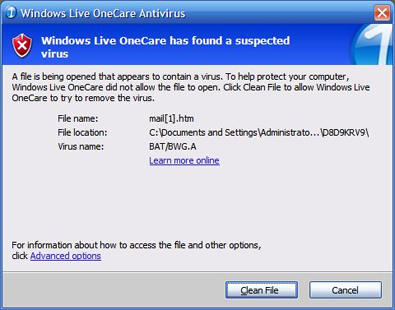
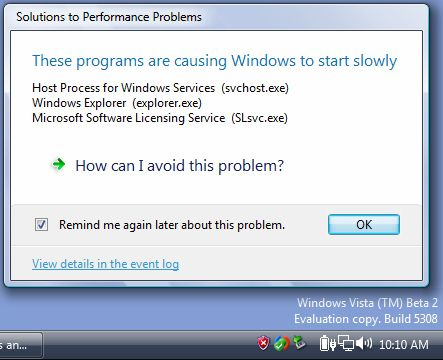
 . After all,
. After all, 
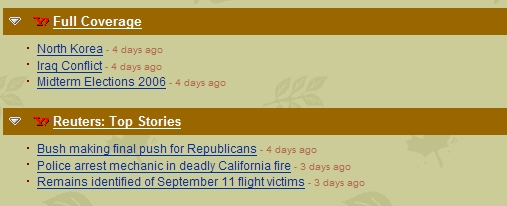
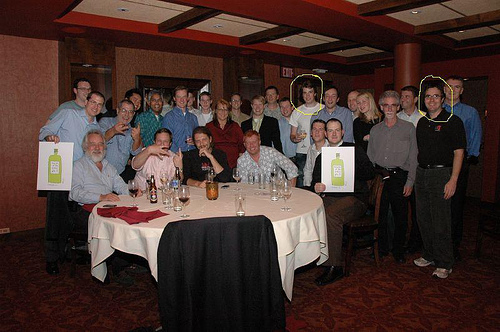
 – now let’s look at what Google should do with JotSpot.
– now let’s look at what Google should do with JotSpot.

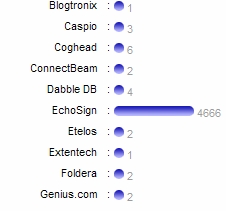 EchoSign
EchoSign
Recent Comments